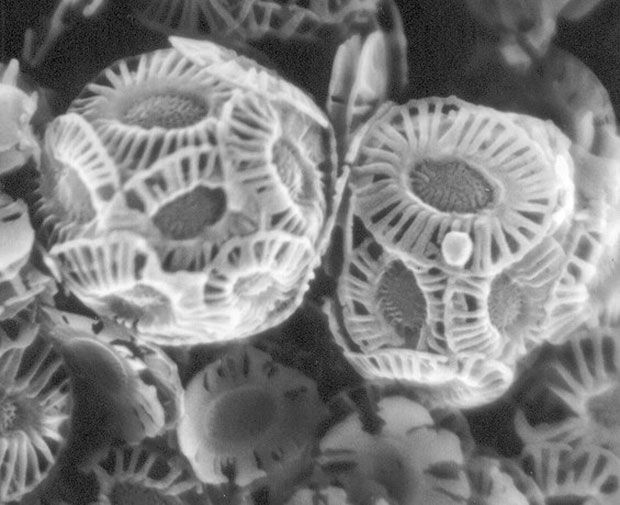 Cyclical selection is an important concept from ecology. It involves organisms
which have lifecycles involving environments that vary cyclicly. Cyclical selection is sometimes called "alternating selection". It is sometimes described in terms of "switching environments". Cyclical selection is part of a more general phenomenon - known as "fluctuating selection". Some examples of cylical selection:
Cyclical selection is an important concept from ecology. It involves organisms
which have lifecycles involving environments that vary cyclicly. Cyclical selection is sometimes called "alternating selection". It is sometimes described in terms of "switching environments". Cyclical selection is part of a more general phenomenon - known as "fluctuating selection". Some examples of cylical selection:
- Seasonal variation - organisms may face one environment in the summer and another one in the winter.
- Male gametes - these spend most of their lives inside male testicles - but must periodically
run an obstacle course inside female organisms - where they face very different
selection pressures.
- Parasites - many pathogens reproduce inside host
organisms and must repeatedly find new hosts. Thriving within a host
present systematically different set of challenges to spreading between hosts -
and so the pathogens face an alternating selective pressure.
For parasites there's the risk that adapting to the environment inside a host will result in the loss of the ability to spread between hosts. Memes face much the same problem - adapting to survive within a host can result in the loss of the ability to spread between hosts. Too much intracranial selection can lead to intercranial sterility.
Parasites may resist evolution within hosts - since this may destroy their ability to spread between hosts. Resisting evolution within hosts has the disadvantage of reducing their fitness there. Parasites that are not able to rapidly evolve within a host are more likely to be obliterated at the hands of the immune system - or by other existing residents. Memes face the same dilemma. They don't want to lose their ability to spread between hosts - but may be under considerable pressure to evolve and adapt to their host's internal environment.
Intracranial selection may suggest some theraputic strategies to help deal with virulent memes. Cylical selection suggests that an extended period of selection within a host might result in reduced virality. The parasite may appear to make peace with its host. This suggests - for example - that the memes from old evangelicals might help to pacify young ones.










coccolithophores
ReplyDelete